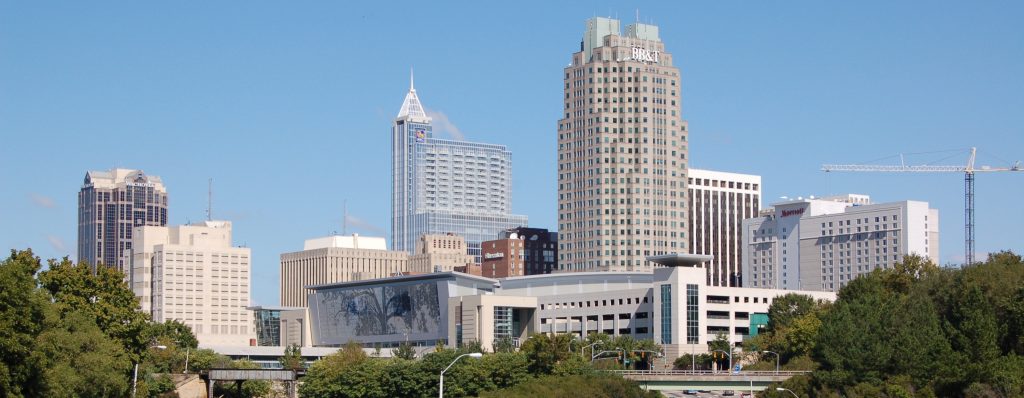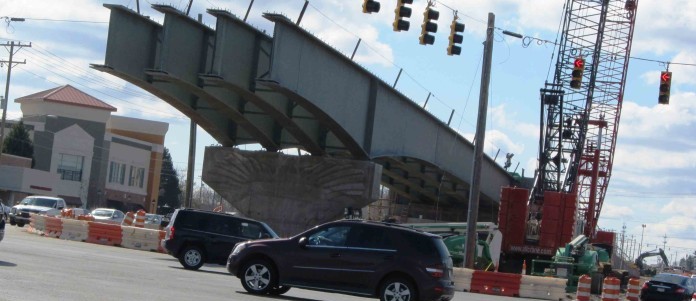
Money may not buy happiness, but it can reveal priorities. Nowhere is that more evident than in government work. People pay taxes and fees and they expect them to cover public services. A few months ago, a large pizza chain turned heads by offering to fill potholes, a task normally reserved for public dollars. The chain reached out to city managers and offered to complete the task as long as they could add their logo to the repair (temporary chalk) and take pictures for a social media campaign. Many people didn’t like the idea, saying the campaign showed a continued degradation of American infrastructure, while others cheered it, saying they were happy to welcome a private company for public work.
Regardless of which side we may take in the pizza-pothole debate, infrastructure and local services are important to our quality of life. Right now, in cities and towns throughout many states, managers are putting together their budget priorities for the coming year. Here’s a primer on how that works and how you can be heard in your community.







